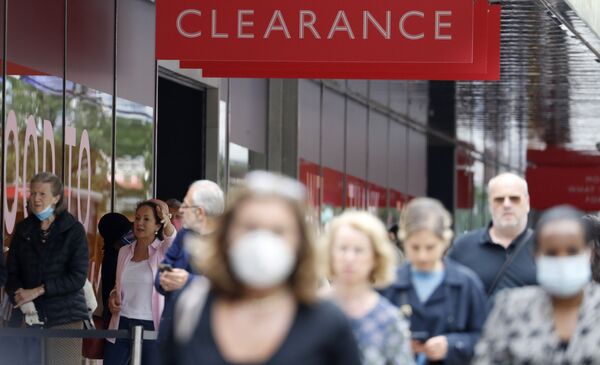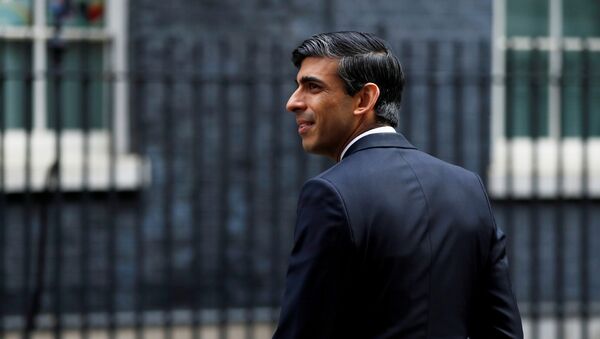Chancellor Rishi Sunak is reportedly set to trigger a wave of Tory indignation over proposed plans to inflict a £200 tax hike on Britain’s self-employed in November’s Budget, reports The Sun.
In a move perceived as an attempt to cover the exorbitant coronavirus bills, the Chancellor of the Exchequer was said to be considering raising the excise tax on fuel by 5p.
Class 4 National Insurance contributions paid by the self-employed are to be aligned with the rate paid by employees, according to the suggested plan.

Currently, self-employed Britons are only charged if their profits top £9,500 per year, with the rate set at nine percent of profits between £9,501 and £50,000 and two per cent of profits over £50,000.
If you’re an employee, you pay Class 1 NICs on your earnings, with National Insurance contributions amounting to 12 percent if your pay is £183 to £962 a week (£792 to £4,167 a month), and 2 per cent if it’s over £962 a week (£4,167 a month).
Bringing the rates into alignment would add £200 (approximately $266) to the annual tax bill of the average self-employed worker. The hike would be even greater for those earning £42,000 a year, amounting to £500.
“Rishi is minded to do it this time round but no decision has been made just yet. He’s 60/40 in favour of doing it,” a government source was cited by the outlet as suggesting.
The source had referenced a similar proposal considered by Sunak’s predecessor Philip Hammond, who had eyed national insurance contribution hikes for the self-employed.

A warning that a move of this nature was potentially in the pipelines had been issued by Sunak earlier in the year, as government aid due to the coronavirus pandemic was being extended to include plumbers, electricians, builders, etc.
“If we all want to benefit from state support, we must all pay equally in future,” the Chancellor said in March.
At the time, Rishi Sunak said the government had devised a "deliverable and fair" proposal to cover 80 percent of self-employed workers' average earnings over the past three years, up to a monthly maximum of £2,500 ($3,338).
The scheme was made available to self-employed workers with trading profits of up to £50,000 a year, bringing them in line with measures announced for furloughed company employees.
However, proposed national insurance contribution hikes for the self-employed were also warned of.
"It is now much harder to justify the inconsistent contributions between people of different employment statuses. If we all want to benefit equally from state support, we must all pay in equally in future," said Sunak.
Commenting on the new report, Downing Street was cited as stating:
“There has been a lot of speculation on tax issues — and it is all just that. Tax policy is set at the Budget.”


